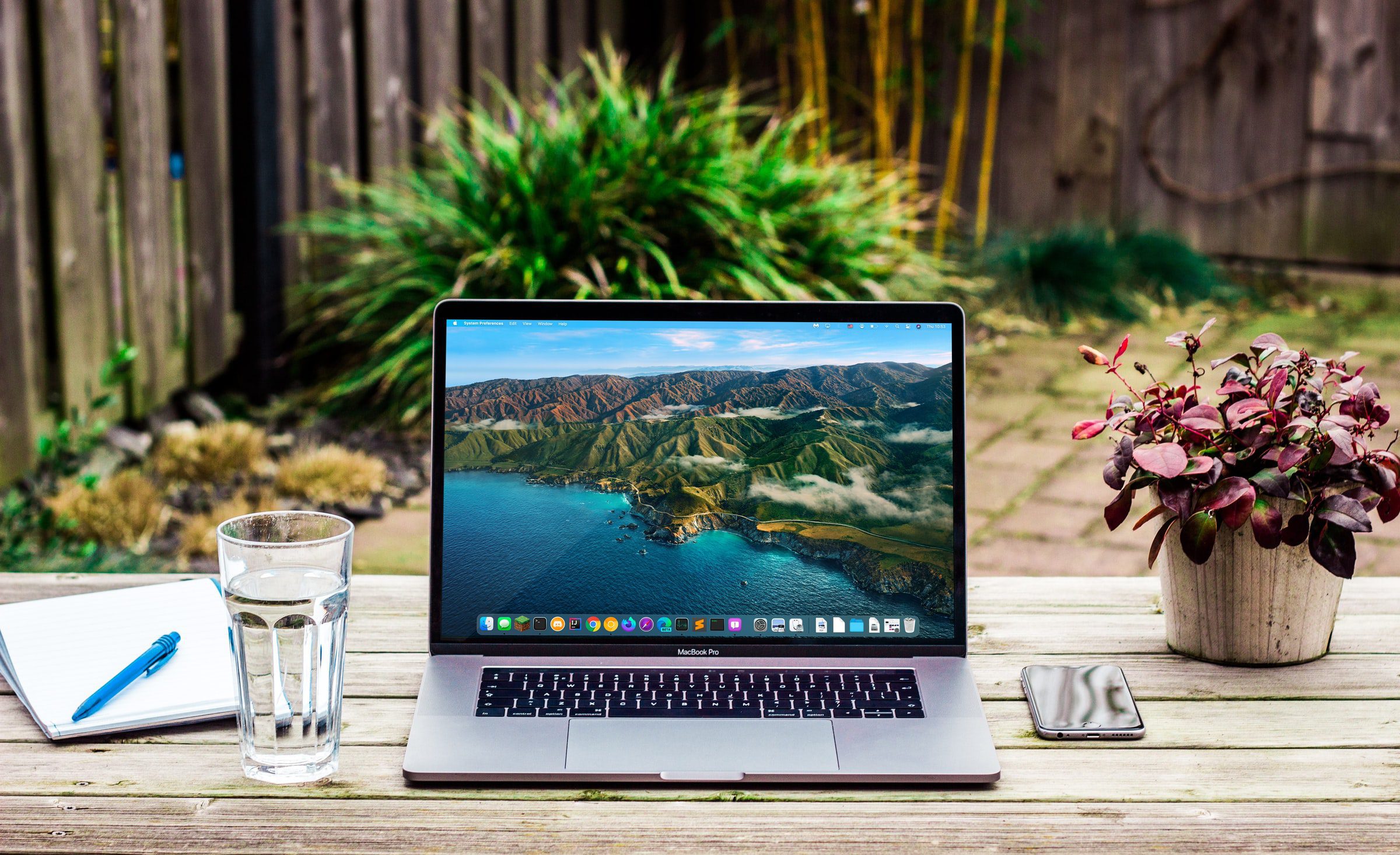The new age of work-life has offered many benefits like increased flexibility, but one major drawback is the uptick in the amount of time spent staring at screens. As a result, many have discovered the much-dreaded “digital eye strain.”
Formally referred to as “vision syndrome,” this strain is a common condition brought on by prolonged exposure to blue light – the type of light rays emitted by computer screens, televisions, and smartphones.
The condition usually self-resolves after several hours of not looking at electronics but can still be an irritating addition to any day, causing dry or bloodshot eyes, headaches, and even blurry or tired vision, which can subsequently bring on feelings of drowsiness or even nausea.
Fortunately, there are ways to mitigate this strain on your eyes. While some of the solutions may involve popular items like blue light glasses, other solutions include minor alterations in habits and settings of the room to make work more enjoyable and less (physically) strenuous.
Work near natural light
If you spend your days in a windowless room and staring at a computer, your eyes may be strained more quickly. Working near a window with ample natural light means your eyes do not need to work as hard to take in the artificial light, increasing the longevity and performance of your vision. This is because sunlight emits a wider array of light rays for the eyes to capture, whereas artificial light works on a narrow spectrum, forcing the eyes to work harder. Research shows that the dynamics of natural light in moderation are healthy for our eyes and some fonts and colors are even more discernible verses in environments that are solely artificial light. In addition to being easier on the eyes, spending as much time near natural light as possible will increase productivity during the day by tapping into the body’s natural clock and making sleep patterns more normal in the evenings.
Lower the harsh bulbs, increase the warm ones
Working with natural light is not always an option for a variety of reasons. When artificial light is all that is available, consider using “warm light” to illuminate the space. Warm light is generally more of a yellow tone and will feel noticeably less harsh on the eyes. In stark contrast to warm light are the harmful options found in most offices or from low-quality bulbs. Although these are generally less expensive, they tend to promote the feeling of “hospital lighting,” as it has been unofficially termed by many people.
Practice the “20-20-20 rule”
Anytime the workday is going to be computer heavy, the 20-20-20 rule serves as a helpful reminder to give your eyes a break. It goes like this: every 20 minutes, look at something that is 20 feet away for 20 seconds. Other helpful rules include the 20-8-2 rule, which (although not specifically intended for eye strain), does also help (this rule dictates that every 20 minutes at a desk/computer, you should get up for 8 minutes and stretch or do another activity for an additional 2 minutes).
Handwrite instead of typing
Lots of work requires a computer or screen, but it can helpful to use good old pen and paper for the activities that don’t. Try taking notes in a notepad, using a physical schedule, or keeping your to-do list on a sticky note on your desk. Even these smaller practices can limit the amount of screen time you subject your eyes to each day.
Don’t be afraid to make traditional phone calls. For some, video calls have become the norm. While these offer a more valuable personal interaction, if you do not see the other party frequently, try a standard phone call with a notepad and pen for calls where seeing the other person may not be required.
Give your eyes a break
Harsh lighting is more prevalent than you might guess. Most of us assume it’s just in the office. But, at least 71% of people check their phones within ten minutes of waking up, exposing their eyes immediately. While this can be great for feeling connected, starting your day staring at your phone, followed by a long day at work, and then scrolling on the couch or watching TV late into the night isn’t great for your eyes. Experts suggest limiting screen time on longer days.





